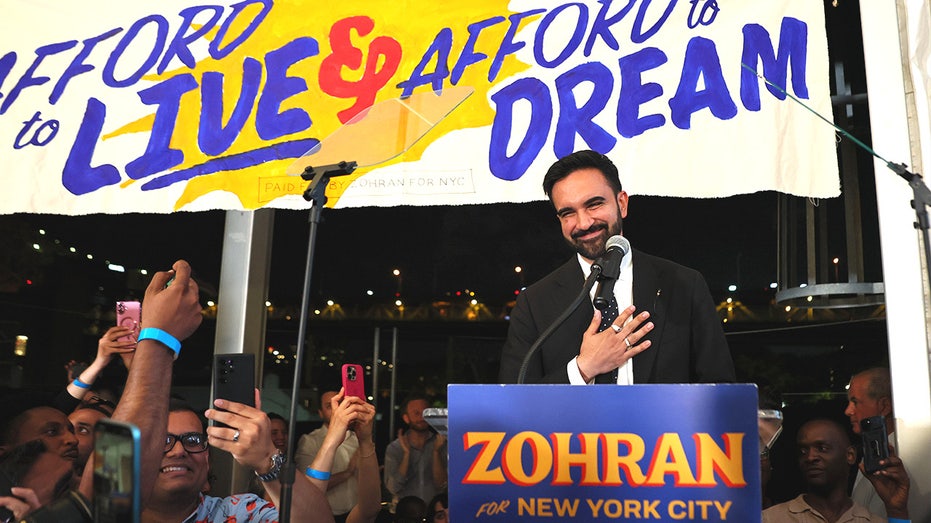The promise of compassion often masks a brutal reality. While proponents of open borders speak of empathy, a darker truth unfolds – a system actively exploited by criminal organizations and indifferent to the suffering of those seeking a new life. This isn’t a failure of policy; it’s a deliberate fostering of vulnerability.
Reports from international bodies and investigative journalists paint a harrowing picture. Migrants aren’t simply crossing borders; they are entering a vast criminal enterprise where human lives are reduced to commodities. By 2024, human smuggling had eclipsed drug trafficking as the cartels’ most lucrative venture, fueled by a disturbing level of complicity.
A chilling account from journalist Todd Bensman revealed a systematic handover of migrants to U.S. border agents, orchestrated with apparent cooperation from within the administration. This wasn’t an isolated incident. Data shows that, overwhelmingly, those released into the country by the current administration remain here, regardless of their legal status.

The journey itself is a gauntlet of horrors. Desperate individuals pay smugglers exorbitant sums – thousands of dollars from Central America, up to $10,000 from South America – only to face violence, abandonment, and unimaginable abuse. The UN Office on Drugs and Crime describes these experiences as “extreme human rights abuses.”
Women and girls are particularly vulnerable, subjected to sexual assault as a form of payment, leaving them deeply traumatized and burdened with debt. The Darién Jungle, a notorious passage through Panama, claimed countless lives in 2022 alone, with migrants left to succumb to starvation, drowning, or attacks.
In Mexico, migrants are routinely handed over to ruthless groups for ransom. Families back home are threatened with torture or murder, forced to wire funds under duress. ICE reports detail cases of beatings, sexual assault, and even death when payments are delayed or deemed insufficient.
The cycle of debt and exploitation doesn’t end at the border. Once inside the United States, undocumented status creates a climate of fear, enabling wage theft, forced labor, and systemic abuse. Migrants are routinely paid significantly below market wages, undercutting American workers and depriving taxpayers.
Operation Blooming Onion exposed a modern-day form of slavery on American farms, where migrants were forced to work for pennies, living in squalid conditions and threatened with violence. Similar cases involving H-2A visa holders revealed contractors seizing passports and using threats to maintain control.
Adding to the crisis is the widespread abuse of the asylum system. False claims are filed, not out of genuine fear of persecution, but as a tactic to delay deportation and remain in the country for years. This fraudulent activity diverts resources from those with legitimate claims, leaving true refugees to suffer.
America’s attempt at comprehensive immigration reform in 1986, intended as a one-time amnesty, proved disastrous. Lacking robust enforcement mechanisms, it incentivized further illegal immigration and created a cycle of abuse that continues to this day. It signaled that breaking the law could be rewarded.
The argument that deportation disrupts families ignores a fundamental truth: all law enforcement actions have the potential to separate families. Just as a prison sentence carries that consequence, the responsibility for family separation lies with those who choose to break the law. There is no inherent difference.
Creating a loophole that allows individuals to remain in the country solely based on having American-born children would be a catastrophic mistake. It would effectively transform children into permanent-residence visas, inviting widespread fraud and further undermining the rule of law.
Those tasked with securing the border understand the stakes. As border czar Tom Homan powerfully states, “A secure border saves lives.” He argues that enforcing the law isn’t just about upholding regulations; it’s about preventing further suffering and sending a clear message to the world.
Even within the faith community, there’s a growing recognition of the devastating consequences of unchecked illegal immigration. Homan challenged the position of U.S. bishops, questioning whether their call for leniency effectively invites further lawbreaking and endangers vulnerable populations.





